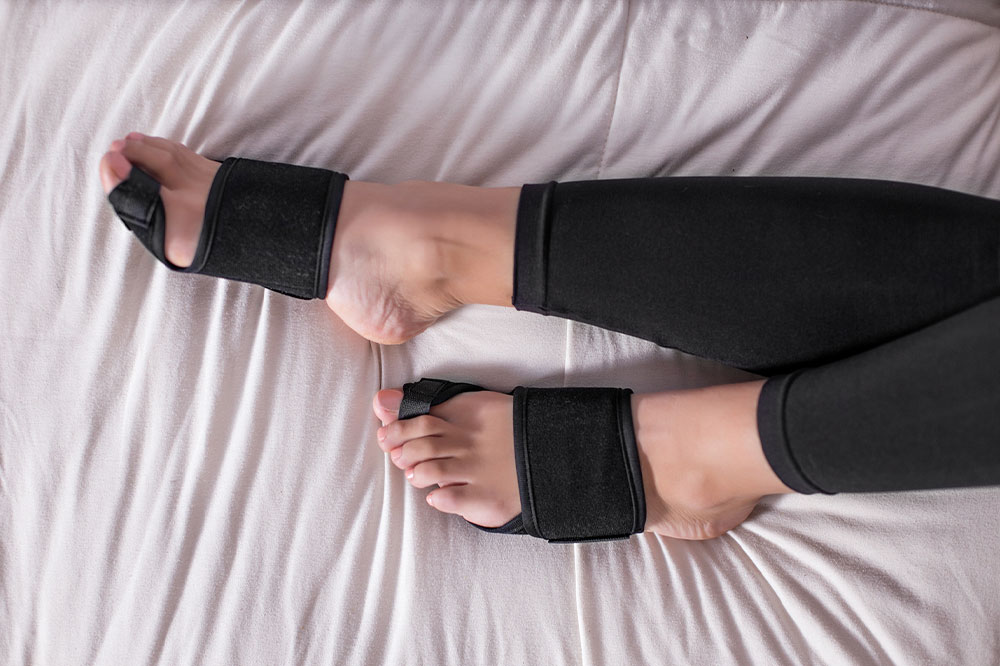3 ways to get rid of bunions without surgery

Bunions or hallux valgus is a condition in which a bulge develops on the side of the foot along the joint of the big toe. This happens due to the wrong alignment of the bones and muscles surrounding the joint, leading to this bump. Bunions are very common and affect one in every third of individuals in the country; however, there are ways to handle pain without surgery. Here’s how.
Hot and cold therapy
This is a great way to manage the pain caused by bunions. These are natural treatments with no side effects and can easily be administered in the comfort of your home. Here’s what you need to know – when the bunions are swollen, you should apply cold therapy, like soaking your bunion in cold water to help reduce the inflammation. Cold therapy helps constrict the blood vessels, which is helpful. The cool water will also help relieve the foot, which has been irritated because of the bunion swelling.
Heat therapies are helpful when the blood vessels don’t need constricting but need better blood flow and help relax the sore muscles and joints. Heat therapy should be applied if soreness and cramping are the pain symptoms in the bunion-affected area.
Exercise and rest
These may seem contradictory, but it actually means finding the right balance between exercise and rest. Exercising regularly is one of the best ways to strengthen the feet and muscles. Some specific toe exercises like toe curls or picking up marbles or socks with toes can be especially helpful in keeping the feet active and healthy.
However, choosing to rest when bunion pain or other symptoms is equally important. Give your feet a break from exercising and let them rest, massage, and treat them with care to help relieve the pain symptoms.
Comfortable shoes
An essential part of managing bunion pain is having the right footwear. Choosing the right kind of shoes not only helps in pain management but also helps prevent the development of bunions. Some of the best shoes include wide-toe shoes, which give the front of the feet enough space. Your toes aren’t uncomfortable or squished in an unusual and unnatural position. Choose shoes with a firm sole that is still comfortable to wear. This helps in giving the proper support to your feet. Also, choosing low or no-heel shoes is the best bet to help keep the bunions and the pain away.